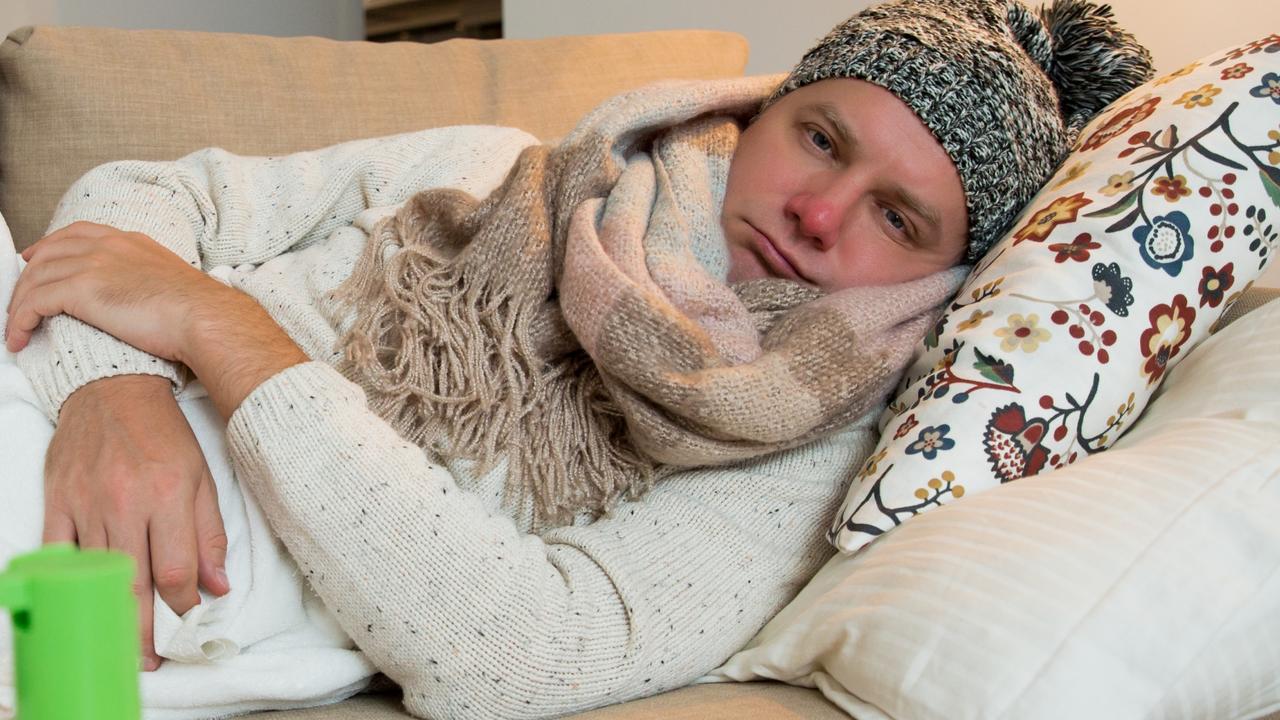Medical reliance: Australians are turning to an alarming sleep trend, groundbreaking research reveals
Groundbreaking new research shows many Aussies aren’t getting a good night’s sleep – and a huge number are turning to a worrying trend to cope.
A fifth of Australians regularly rely on medications to fall asleep, with eight per cent of people popping pills every single night in order to drift off.
That’s one of the stark findings about the country’s quality of shut-eye contained within the IKEA Sleep Report – the largest global study of its kind ever conducted.
The home furnishings giant surveyed more than 55,000 people across the world in 57 markets, including Australia, drawing on the insights of six experts to uncover good and bad bedtime habits.
“By understanding the needs in well-rested markets, we can uncover simple, universal ways to ensure better sleep,” Belén Frau, Global Communications Manager at IKEA Retail, said.
“Whether it’s bedtime consistency, decluttered spaces, or better sleep environments, listening to these insights are key to creating better lives at home.”
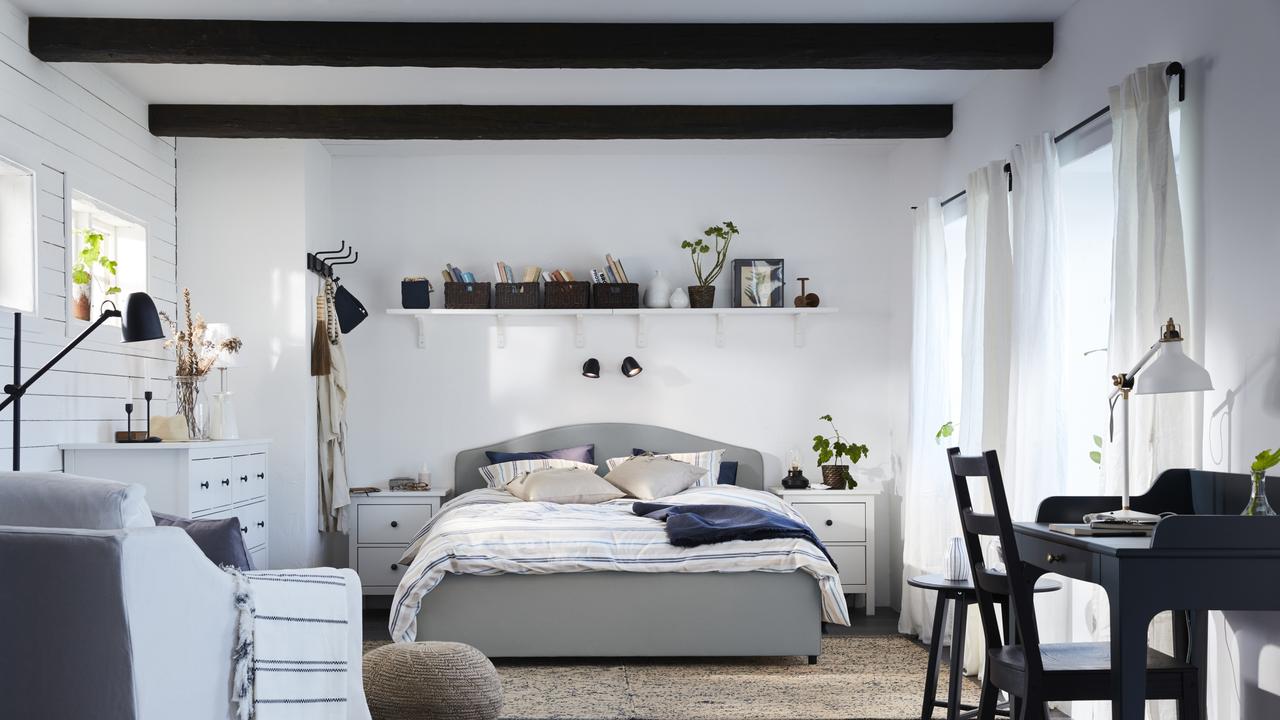
The culmination of the research was the development of the IKEA Sleep Score – a single and reliable measure of quality ranging from zero to 100, taking into consideration five key factors from restfulness in the morning to duration and flow while in slumber.
The global score was 63, showing plenty of room for improvement, but Australia’s ranking was well below that at just 58.
Mainland China scored the highest in terms of sleep quality with a score of 74, while Norway (56) narrowly beat the United States (57) to come in last.
Australia came in fifth last, just ahead of Ireland and Sweden.
No matter the country, the report found people on average are missing out on an hour and 20 minutes of sleep each night.
That equates to 20 full days of lost sleep annually.
The results for Australia show 33 per cent of respondents reported having poor sleep quality and a worrying 21 per cent wake up every morning feeling tired.
Of those surveyed, 42 per cent get six hours or less sleep, with the average gap between actual and desired sleep time sitting at almost 90 minutes.
Forty-two per cent of people are worried about the amount of sleep they’re getting.
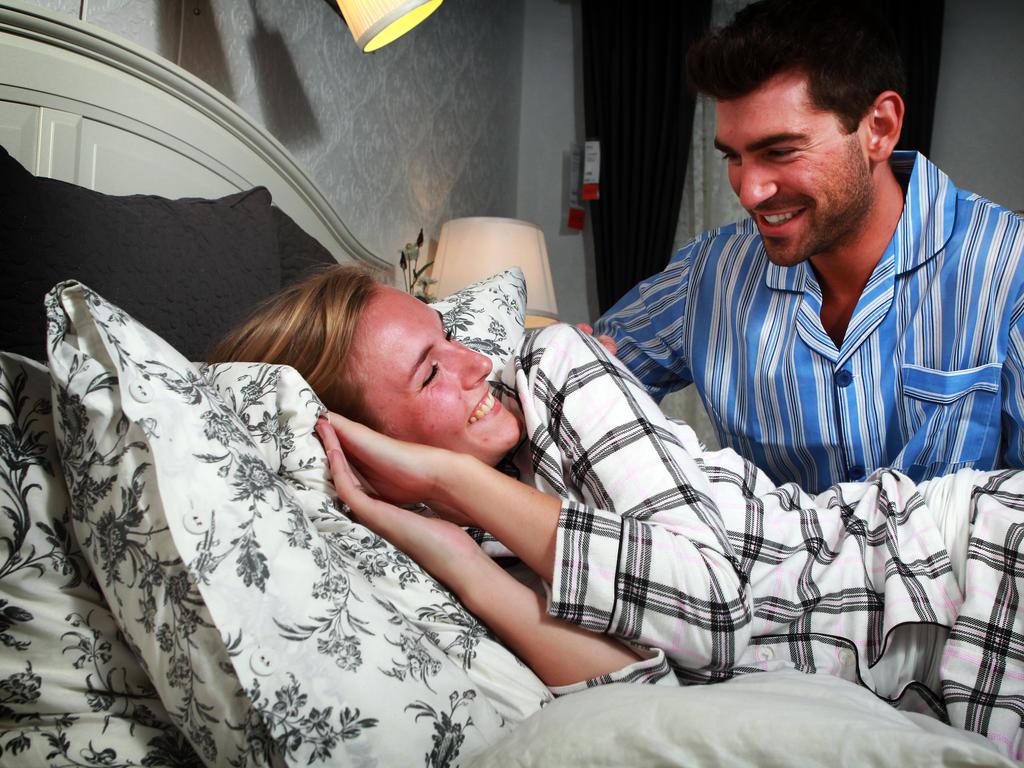
The top identified barrier to good sleep is stress at 20 per cent, followed by medical conditions at 15 per cent and anxiety disorders at 12 per cent.
That’s perhaps why 22 per cent of those surveyed say they used medication to fall asleep, with eight per cent turning to pharmaceuticals every day.
Both figures are higher than the global average of 19 per cent and five per cent respectively.
Electronic usage in Aussie bedrooms is also high, with 70 per cent of people using their phones in bed and 25 per cent working on a laptop or tablet.
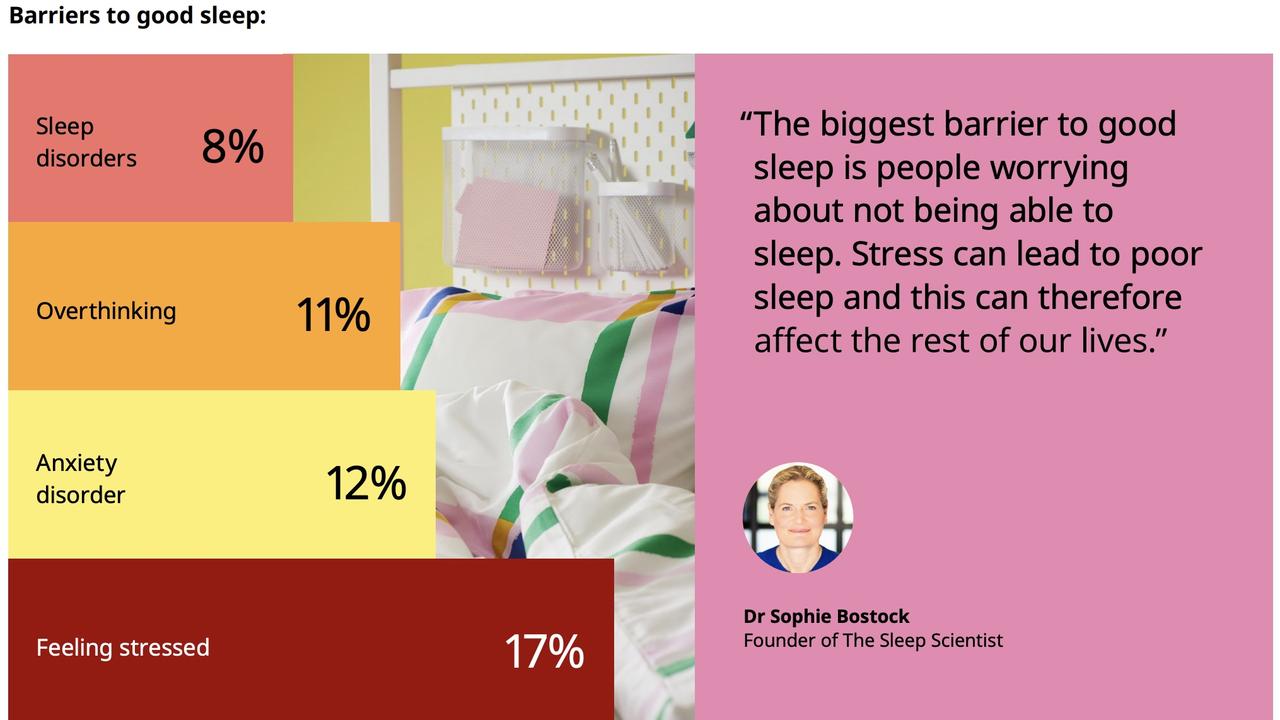
Tina Stilleborn, IKEA’s range area manager for beds and mattresses, said the survey offered more than just interesting factoids.
“Research shows humans spend 26 years of their lifetime sleeping, but seven years trying to fall asleep,” Ms Stilleborn said.
“Our goal is to shorten the seven and increase the 26, because the fact is that life is easier when you’ve had a good night’s sleep.”
In developing IKEA’s bed and mattress range, part of extensive consumer research involved more than 300 home visits to witness different sleep scenarios.
By identifying the various challenges and opportunities, Ms Stilleborn said her team devised a strategy so IKEA could “step in”.
“That’s how we got to the philosophy of a complete sleep – six sleep essentials that play a significant role in determining the quality of sleep, which in turn affects energy, health and happiness.”
Those sleep essentials are comfort, light, temperature, sound, air quality and decluttering.

As a result of its research, IKEA’s extensive current and future sleep product range covers each of those six essentials, from the right mattress to air purifiers and smart storage solutions.
“For decades, IKEA has been dedicated to understanding and improving how people sleep, but as poor sleep quality continues to be a massive societal issue, we are intensifying our focus,” Fredrika Inger, Managing Director of IKEA of Sweden, said.
“Over the last few years, we have innovated our sleep solutions to be more long-lasting, sustainable, comfortable and affordable, to help more people achieve better sleep.
“With our extensive expertise and global reach, we have the opportunity to create a better every day, and night, for hundreds of millions of people.”
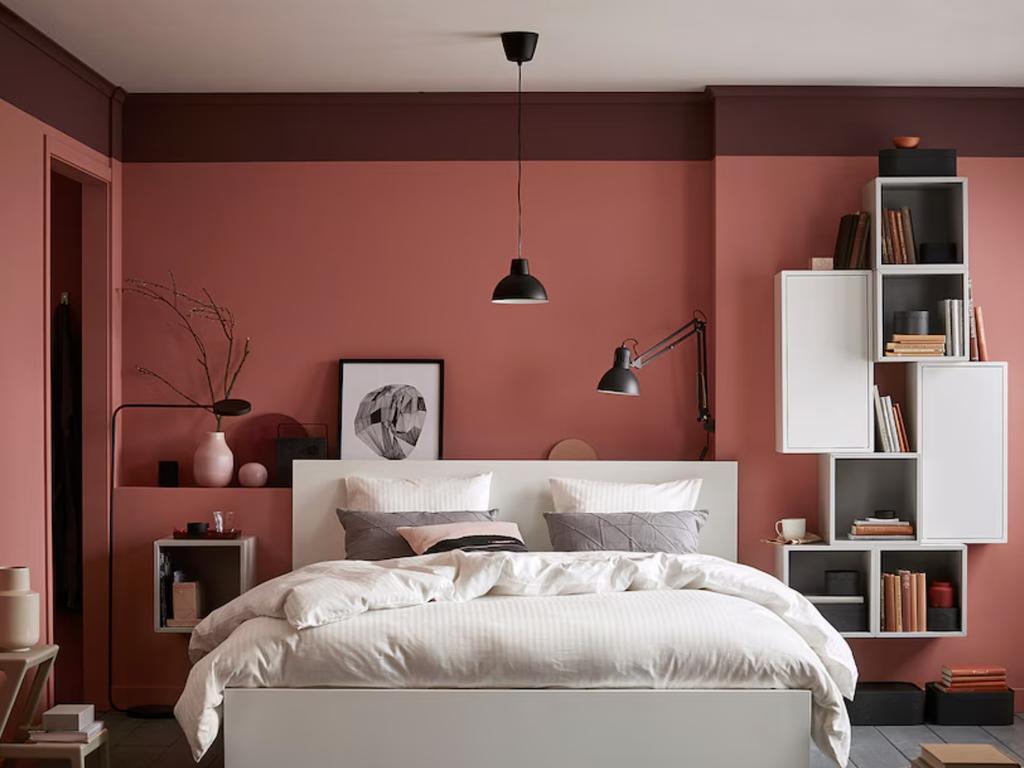
Christian Benedict, a neuroscientist at Uppsala University, said sleep underpins general health and wellbeing, making good sleep crucial.
“Sleep is fascinating, and despite us all experiencing it every day, it is different for each one of us,” Dr Benedict said.
“Sleep is so much more than rest. For me, it’s a mirror for your overall health.”
Drilling into the IKEA’s Sleep Index, women with young children were likely to have a poorer result at 51 out of 100, while people with disabilities (45) and those experiencing financial insecurity (46) also ranked below the country average.
While many Aussies might not be getting a good sleep, a high number know the value of a restful night, with 28 per cent strongly preferring an early night to going out to socialise.
When probed about their enablers of good sleep, 20 per cent of Aussies said setting regular bed and wake-up times helped, while 11 per cent nominated exercise and 10 per cent said calmness and relaxation.






